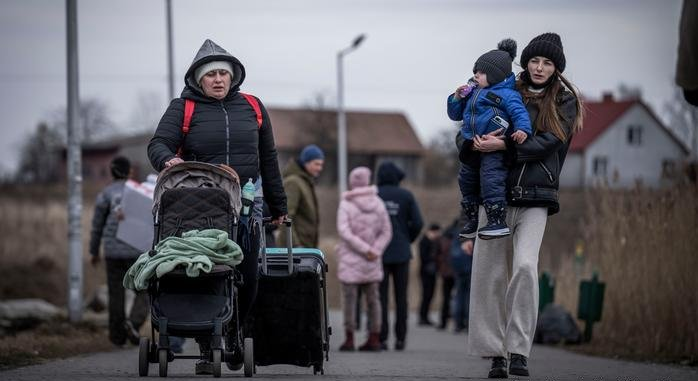The Association de Soutien aux Travilleurs Immigrés (ASTI) organization, which advocates for migrant workers in Luxembourg, has criticized the government’s decision to suspend Syrian asylum applications following the fall of the Assad regime. It also cautioned against making hasty decisions regarding Syrian refugees in response to Syria’s political transition.
According to ASTI, Syria continues to face armed clashes and widespread human rights violations. The organization’s spokesperson, Sergio Ferreira, recognized the government’s concerns about instability but emphasized the uncertainty created by the suspension of asylum decisions.
Ferreira acknowledged the overwhelming joy among Syrians in Luxembourg after the fall of the Assad regime but stressed that the suspension of asylum applications has left many in limbo, particularly as calls for their return gain momentum across Europe.
The organization reaffirmed that Syrians have the right to decide whether to stay or return, in accordance with international law and UN Refugee Agency principles. ASTI also noted that refugees automatically lose their protected status if they voluntarily return to their home country.
Ferreira emphasized that perspectives on Syria’s situation differ; while some Syrians are hopeful about the new government, politically active individuals remain fearful—particularly as some current leaders were formerly linked to terrorist organizations, driving many to flee.
ASTI issued a statement outlining its position, drawing a parallel to Afghanistan after the Taliban’s takeover. The statement warned that, much like the Taliban’s authoritarian rule, which restricted freedoms, democracy, and women’s rights, a cautious approach is necessary before making premature judgments about Syria’s future.
The organization also cautioned the Luxembourg government against forcibly returning Syrian refugees, citing the severe risks they may face.
In the wake of the Assad regime’s collapse, calls for the repatriation of Syrian refugees have gained traction across several European countries. Some governments, including Germany and Portugal, have even offered financial incentives to encourage voluntary returns.





